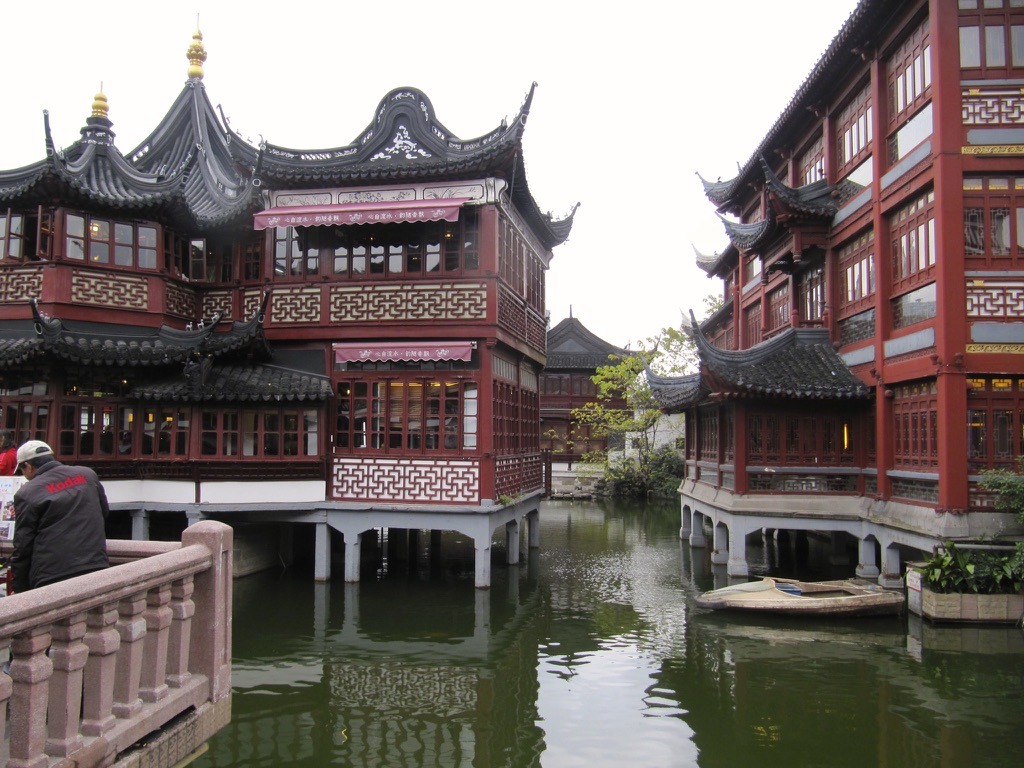Abraham Lincoln and China’s next great leap forward.
Using principles he laid down, China could become the first model of an ‘economy of well-being’.
EDMONTON, AB, Jun 14, 2013/ Troy Media/ – How ironic would it be if China were offering the world a solution to its protracted global debt crisis based on the ideas of Abraham Lincoln? It was Lincoln who argued that governments should create a sufficient money supply without the costs (i.e. interest charges) that private banks charge when they issue loans.
At its recent 18th annual congress, the Communist Party adopted a fifth and important pillar of its national constitution called an ‘ecological civilization.’ What is ecological civilization and what does this mean for the world?

Ecological civilization originates from the ideas and concepts advanced by economist Herman Daly and John Cobb Jr., an American Methodist theologian and philosopher, in their seminal work For the Common Good. Cobb has played a key role in advancing the concept of ecological civilization with China.
At the heart of China’s economic development policy is the Confucian ideal of ‘xiaokang’. Xiaokang literally means ‘a society of well-being’, or of moderately well off Chinese citizens. In my own work I have advanced a similar concept I call ‘genuine wealth’, with wealth redefined according to its original 13th Century English roots meaning ‘the conditions of well-being.’
Xiaokang has been the foundation of China’s economic development policy since 1991, when it was originally defined in terms of a target of roughly US$4000 per capita. In 2011, China’s GDP per capita was estimated at US$8,382 PPP (purchasing power parity) per capita.
But China will make an even greater leap forward if it moves ahead with what I am advocating: the creation of an economy founded on the principles that the goal of economic development is the optimization of the well-being of the communities that make up the nation, in harmony with nature’s ability to remain resilient and flourish.
One way of achieving this is to advance a new monetary system in which the creation of money is connected to xiaokang society objectives and ecological civilization. Under that scenario, its central bank, the Bank of China, would create money without interest charges, thus helping to finance the five capital assets of China and helping to finance a living wage for all Chinese workers.
Are current wages sufficient to provide a reasonable standard of living for the average Chinese citizen in alignment with China’s xiaokang society objectives? No. Many Chinese labourers are making less than 1000 RMB ($1.00/hr) and fail to earn enough to achieve a good life.
But China could become the first model of an economy of well-being by determining a level of GDP per capita that is explicitly linked to ensuring the improved and sustained well-being of its 1.3 billion people. It might become a model of zero growth, at least in terms of total GDP, yet maintain a standard of living that is related to a constant or steady state of GDP per capita. The key would be for China to maintain the well-being conditions of its human, social, built-up and natural capital assets while ensuring that liabilities to well-being are mitigated or eliminated.
China faces serious problems, including the growing gap between rural poor and the urban rich. It recognizes that rising inequality poses the greatest threat to its pursuit of a xiaokang society. It has acknowledged the challenge of corruption within the Communist Party.
It also faces enormous environmental challenges. But the adoption of the ‘ecological civilization’ concept as a key pillar in its long-range economic development strategy would be akin to Canada and the U.S. giving constitutional rights to the environment.

Few in the west appreciate the importance of its strategic move to adopt Lincoln’s model for banking and money creation, taken during the time of the overthrow of the Qing dynasty by Sun Yat Sen and his Nationalists. The move means that China can effectively control the issuance of money and credit through its central bank in concert with state-controlled commercial banks without the same interest costs that are currently crippling western economies.
Mark Anielski is a partner and co-founder of Genuine Wealth, a Canadian enterprise whose mission is to help businesses, communities and nations mature into flourishing economies and enterprises of well-being. He was a senior economic advisor to China between 2003 and 2006.
http://www.troymedia.com/2013/06/14/abraham-lincoln-and-chinas-next-great-leap-forward/